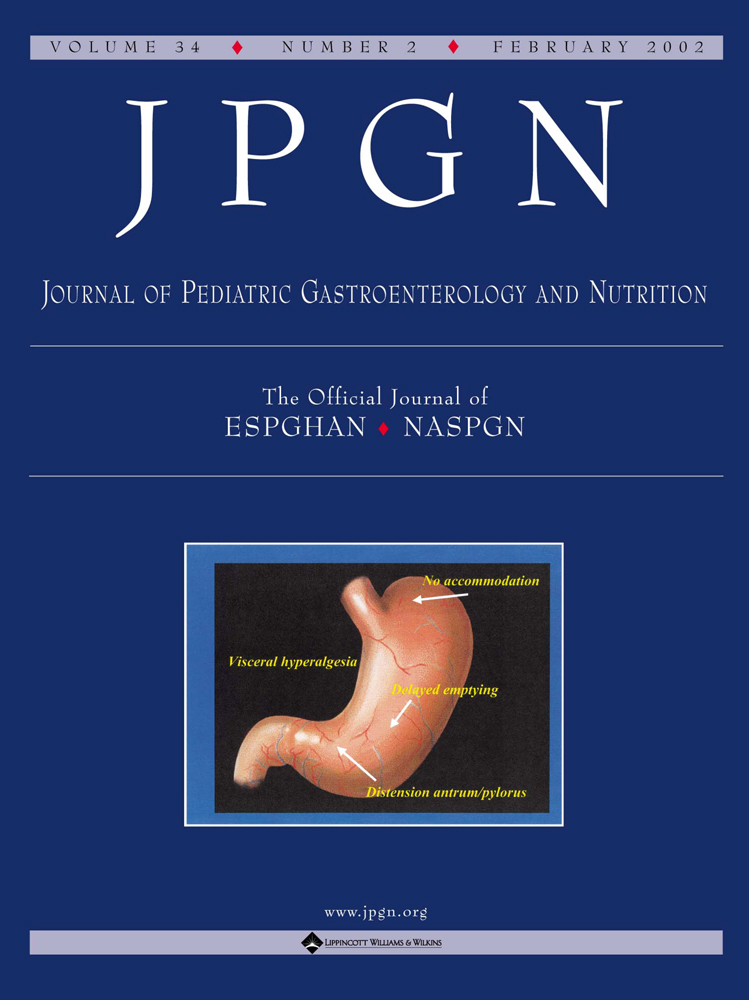Immune Status of Infants Fed Soy-Based Formulas With or Without Added Nucleotides for 1 Year: Part 2: Immune Cell Populations
Supported by grants from the Ross Products Division, Abbott Laboratories, Columbus, OH, U.S.A..
ABSTRACT
Background
Infants fed a soy protein isolate–based formula have immunization responses similar to breast-fed infants. However, cellular aspects of the immunologic development of soy-fed infants have not been studied extensively. Nucleotides added to milk-based formula benefit infant immune status, but reports of the immunologic effects of adding nucleotides to soy-based formula are not available. This study examines immune cell populations of infants fed soy protein isolate formulas with and without added nucleotides for 1 year.
Methods
Newborn, term infants studied in a masked 12-month feeding trial were assigned randomly to soy formula groups with and without added nucleotides (n = 94, n = 92). A nonrandomized human milk/formula-fed cohort (n = 81), was concurrently enrolled. Blood samples were collected at 6, 7, and 12 months. Thirty-two immune cell populations were characterized using three-color flow cytometry. Cellular markers were chosen to assess general pediatric immune status, emphasizing maturation and activation of B, T, and NK lymphocytes.
Results
All cell populations, number and percentages, were within age-related normal ranges. The only significant difference found between soy formula and human milk/formula-fed infants was the percentage of CD57+ NK T cells at 12 months (human milk/formula > soy formula, P = 0.034). There were significant differences at some time points between human milk/formula-fed and nucleotide-supplemented soy formula–fed infants in populations of lymphocytes, eosinophils, total T, helper T, naive helper, memory/effector helper, CD57−T, and CD11b+CD8+NK cells. None of the cell populations differed between infants fed soy formula versus soy plus nucleotides.
Conclusions
Infants fed this commercial soy formula demonstrated immune cell status similar to human milk/formula-fed infants, consistent with normal immune system development. The addition of nucleotides to soy formula did not significantly change specific individual immune cell populations but tended to increase numbers and percentages of T cells and decreased numbers and percentages of NK cells.




